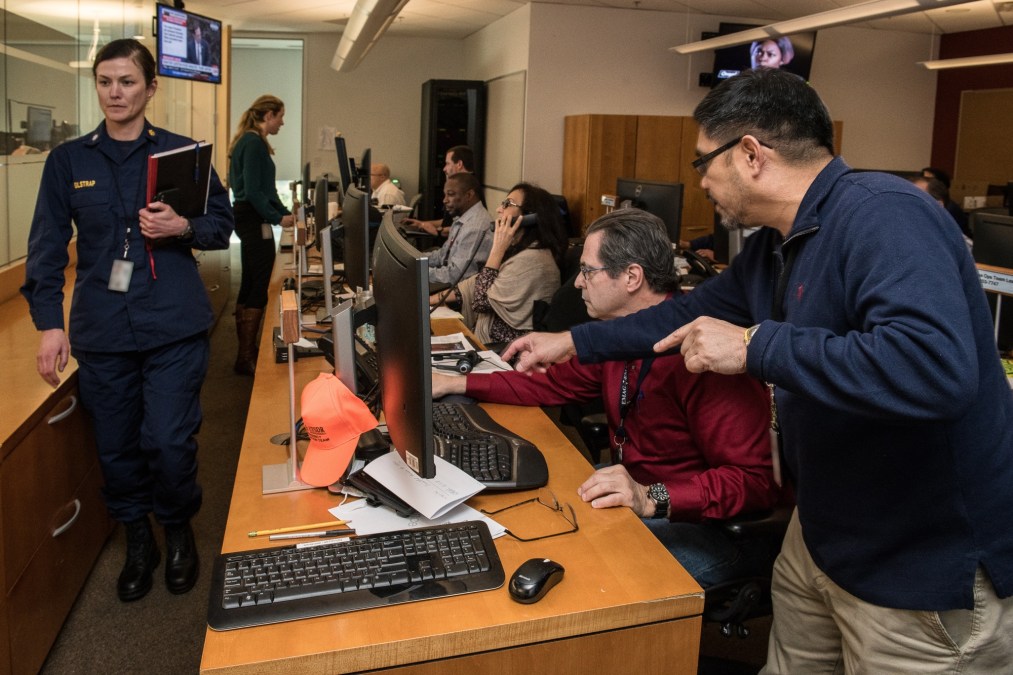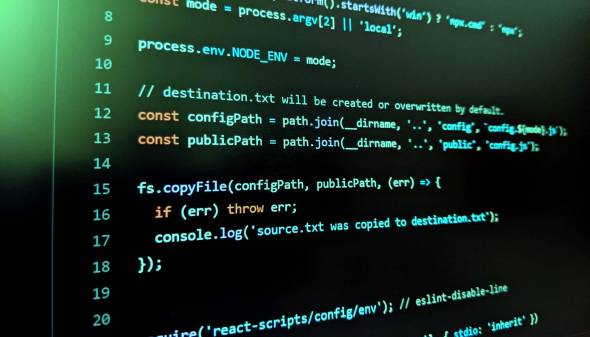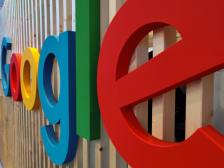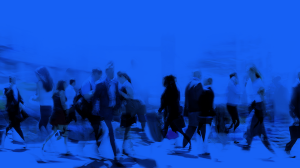Maryland wants to perfect ‘classic’ contact tracing before launching apps

Like many other states, Maryland is considering creating a smartphone app that will notify residents if they’ve come into proximity with someone diagnosed with COVID-19. But first, the state is launching what Lance Schine, the deputy secretary of information technology, called “classic contact tracing.”
Gov. Larry Hogan on Thursday announced that Maryland has grown its contact tracing workforce to 1,400 interviewers who will assist local health departments in tracking and attempting to limit the spread of the coronavirus. In an interview with StateScoop, Schine, who is leading the IT effort aiding the Maryland Department of Health, said that while the contact tracers will have a variety of modern, cloud-based technologies at their disposal, the effort will run largely on live telephone calls.
Working with MDH, Schine’s team built a platform state officials are calling COVID Link. The state contracted with NORC at the University of Chicago, an independent research firm, to hire the tracing workforce. Schine said interviewers will use a software suite that includes Amazon Connect to facilitate phone calls, and Salesforce to manage workflows. Data on coronavirus cases will be shared from local health authorities, the U.S. Centers for Disease Control and the Chesapeake Regional Information System for our Patients, or CRISP, a health information exchange shared by Maryland and the District of Columbia.
The program launched as a pilot in the city of Baltimore earlier this month, and will expand statewide next week, Hogan said Thursday.
First 24 hours critical
Schine told StateScoop that Maryland, where 2,092 people have died of COVID-19, is currently recording an average of about 1,000 new cases per day. Under the new contact tracing program, those people will be contacted and asked to provide a list of who’ve they been in contact with and where they’ve been. He said each individual case will result in an average of 10 calls to individuals named by confirmed coronavirus patients.
“Certain people will have a much higher number, and someone who just stays at home will have a lower number,” he said. “They get a call, they’re told they’ve been possibly exposed and take a questionnaire about symptoms.”
Schine said people who are informed they’ve been in proximity to someone with COVID-19 will not be told that patient’s identity. But after the initial questionnaire, they will get a series of follow-up text messages checking up on them.
“Let’s say you get the call and you say you feel fine,” he said. “We’ll ask if we can text you in three days to see how you’re doing. The initial contact is human. The most critical element is to reach someone in 24 hours to tell them they need to isolate.”
If people report they’re developing symptoms consistent with COVID-19, Schine added, they’ll be directed to a secure web portal where they can get more information about diagnostic testing and whether hospitalization is necessary.
Maryland’s live-caller and text-messaging operation could be followed soon by a smartphone app. Like many states, Maryland is considering a number of platforms — including an API developed jointly by Apple and Google — that would use mobile technology to send smartphone users automated alerts if they’ve come in contact with someone infected by the coronavirus. But Schine said he’s taking a methodical approach.
“The critical piece is to get the classic contact tracing going,” he said. “We’ve been reading about some of the security issues the apps have had. If it makes sense to do exposure notification using a cell phone technology, we definitely will do it, but it has to make sense.”
Schine said the Apple-Google platform, relies on Bluetooth technology, “looks very promising, but there are steps that have to go into place.” He added that a small pilot of an app could be rolled out as soon as next week.
‘Need to integrate at some point’
Still, one of the biggest challenges for states developing contact tracing programs is ensuring they can work across state lines. Maryland is a heavy commuter state, with many residents traveling regularly between it and D.C., Virginia, Delaware and Pennsylvania. But Schine said interoperability may arise out of different states using the same technologies.
“If there were mainframes and hard boxes, the sharing would be much more challenging,” he said. “With cloud technology and well-written APIs, [it’s easier].”
Delaware is also using NORC’s army of researchers to conduct its live contact tracing, and several other states, including Rhode Island and Massachusetts, are using Salesforce’s platform to manager their workflows, as are cities like New York. Nationally, though, contact tracing efforts remain incongruous. While a growing number of states are latching on to industry behemoths like Salesforce or the Apple-Google partnership, others are hiring little-known companies to develop custom solutions. Texas on Thursday awarded a $295 million contract to the Frisco-based MTX Group Inc., a company whose founder reportedly aspires to one day buy the Dallas Cowboys.
Closer to Maryland, the Virginia Department of Health on Thursday laid out the parameters of its own contact tracing program. Like its neighbors, Virginia is also recruiting hundreds of live interviewers, but also plans to provide residents with as many as three smartphone apps. One will be a symptom checker to help people determine if they should be screened for the coronavirus. Another, developed by the Mitre Corporation, will allow COVID-19 patients to update their doctors on their conditions and share that information with public health authorities. The third will be a proximity tracker running on the Apple-Google API.
Truman Braslaw, a spokesman for the Virginia Department of Health, told StateScoop the Apple-Google “is really the way to go to be effective,” though the state is still vetting developers to build an actual app and said deployment is still at least three weeks away.
But the potential ubiquity of a contact tracing API developed by two of the biggest corporations in the world could make it easier to track the coronavirus across state lines, said Mona Bector, VDH’s deputy commissioner of administration.
“All states are in various stages of identifying and implementing the technology,” she told StateScoop. “If the neighboring states have Google/Apple API and so does [Virginia], then there will be a consistent API being used in the back-end of the app for continuity in tracing people.”
Schine, the Maryland deputy IT secretary, said there’s an understanding that different contact tracing programs will need to eventually be able to speak to each other.
“All the CIOs are in agreement our systems need to integrate at some point,” he said.






